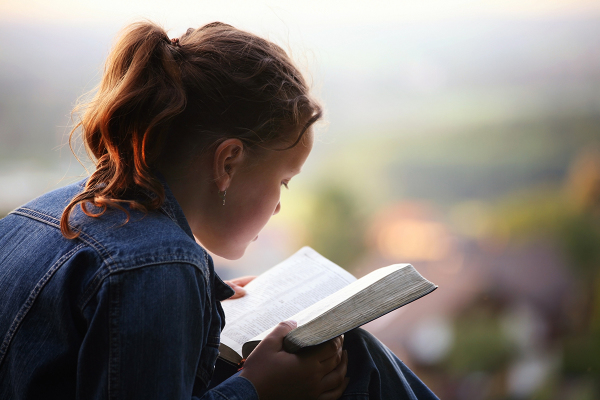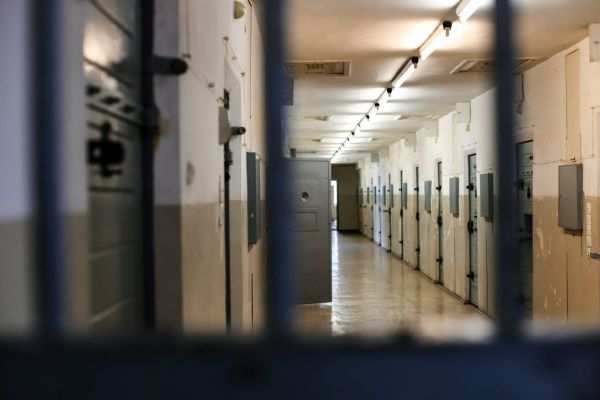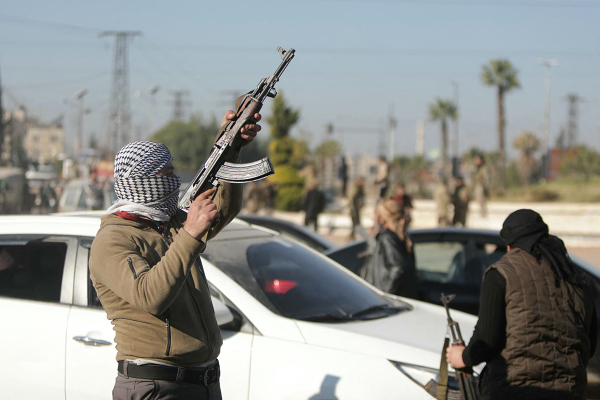American church has ‘zero credibility’ in addressing ‘greatest issues of our time,’ Mark DeYmaz warns
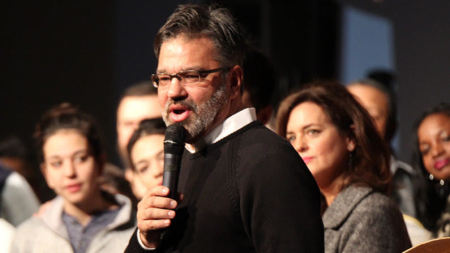
The American church has “zero credibility” when it comes the “greatest issues of our time” relating to race, class, and culture as pews across America remain mostly segregated on Sunday mornings, says multiethnic church movement leader and author Mark DeYmaz.
DeYmaz, the founder of Mosaic Church in Little Rock, Arkansas, and co-founder of Mosaix Global Network which bonds ministries pursuing multiethnic church planting, growth and development, is issuing a dire warning.
Speaking last month before journalists at a conference in Oklahoma City, DeYmaz stressed that churches in the United States must be “disruptive” in order to break free from the racial segregation that exists exponentially more within their congregations than in the neighborhoods they serve.
But instead of being disruptive, he argues that the Church has been “disrupted.”
As Martin Luther King Jr. famously said that the most segregated hour in Christian America is the 11 o’clock hour on Sunday mornings, the most recent data available from 2012 show that around 88 percent of American congregations fail to have less than 80 percent of their members come from the same race or ethnicity.
“So from the research, they saw that churches are 10 times more segregated than the neighborhoods they are in,” DeYmaz told The Christian Post in a sit-down interview after his remarks at the Evangelical Press Association’s 2019 Christian Media Convention in Oklahoma City.
“We have zero credibility now because we have these systemically segregated churches filled with tons of people,” he elaborated. “They can't connect to the local communities that are changing around them. And it's undermined our credibility and our witness.”
As for DeYmaz, 57, he planted Mosaic Church in 2001 with the express purpose of it being a multiethnic, multicultural church where whites, blacks, Hispanics and people from any other race feel comfortable worshiping.
Although DeYmaz is now known as one of the most influential leaders in the American multiethnic church movement, the former college baseball standout didn’t start feeling the call to plant a multiethnic church until his latter days as a youth pastor at a megachurch in Little Rock.
The only people of color were janitors
“[T]he only people of color in our church [at the time] were janitors. And that began to bother me. But I didn't know why that bothered me,” DeYmaz told CP. “That was the first time I noticed something's not right about this picture. In a town that was roughly 42 percent African-American and a church of 5,000 people, the only black people are essentially your janitors.”
DeYmaz, who grew up Catholic before being introduced to evangelicalism in college, said that realization caused him to mine for himself a theology based on the nature of the New Testament Church.
“It was in fact: [the New Testament Church was] multiethnic, economically diverse with Jews and Gentiles, men and women, rich and poor, walking, working, worshiping God together,” DeYmaz elaborated. “I hadn't been taught that in seminary. Typically, we're not. We were taught that the homogeneous unit principle is the way to plant grow and develop a church.”
The pastor, who went to Western Seminary in Portland, Oregon, recalled a conversation he had with his African-American barber in early 2001 that really sparked his desire to launch his own church.
Prior to that, he figured that his trajectory as a popular youth pastor would just naturally lead to him getting a job as a lead pastor of an already existing large church.
“She'd been cutting my hair for eight years or so there. And one day I just asked her, I said, ‘Precious, do you think there's a need in Little Rock for a church where blacks and whites can go to church together?’” DeYmaz recalled, adding that the barber agreed with the need and began telling him about her upbringing in the American south.
“She spoke and she said, ‘Mark, do you ever think it can happen here?’” he added.
“And when she said that, I experienced two things. First, I felt a rush of heat and fear run from my head, out my body to my toes. It was the same kind of sudden fright and fear and heat sensation that you get if someone scares you in the dark and your whole body just seizes up. Though she asked if I think it could happen here, I heard her in my spirit say, ‘Mark, would you do that here?’”
DeYmaz went home and told his wife, Linda, about the conversation and asked what she thought about the idea of starting a church for people of all races. The DeYmazes both had been thinking that it was time for them to move on to the next stage of their lives because they had been at the Little Rock church for eight years at that point.
About half a year later in the spring of 2001, DeYmaz left the church to launch Mosiac Church.
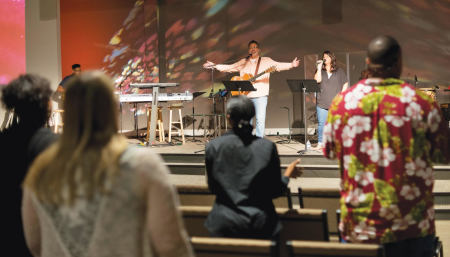
DeYmaz stressed that for the last 50 to 60 years, the prevailing thought had been that the best way to plant a church is a to target a certain people group.
“First of all, it's not biblical,” he asserted.
“Secondly, [Donald] McGavran said It's a misunderstanding of the principal. The principal he told Martin Marty in 1978 is an evangelistic and discipleship principle. But if churches misapply it to church planting, growth and development, there's a danger. This is a direct quote from McGavran — that churches misapplying that principle by targeting a people group to develop a church on will become exclusive, arrogant and racist. And he said that danger must be resolutely combated.”
“We haven't resolutely combated that,” DeYmaz continued. “It's led to the proliferation of what is otherwise natural and gave us what is thought to be a biblical reason to do it.”
Reason for hope
Yet, DeYmaz believes there is a reason for hope.
According to data analyzed by Baylor University scholar Kevin D. Dougherty and North Park University’s Michael Emmerson, multiracial congregations in the United States have nearly doubled from 1998 to 2012.
The number of Protestant churches that are considered multiracial tripled from 4 percent in 1998 to 12 percent in 2012. In 2012, just under one-quarter of Catholic churches were considered multiracial.
However, Dougherty noted that churches still lag behind their neighborhoods when it comes to ethnic and racial diversity.
While about 12 percent of churches in America are considered multiracial (20 percent diverse) in 2012, DeYmaz predicts that 20 percent of American church will be 20 percent diverse by the year 2020.
“We're going to transfer that from a pioneer stage into an early adopter stage,” DeYmaz assured. “And by 2030 or 2035, I think the entire movement will be mainstreamed. In other words, if your church is not healthy, multiethnic, economically diverse, it'll be largely irrelevant, marginalized in terms of its voice credibility and advancing the Gospel.”
Although 20 percent is used as the standard marker in the Baylor study to determine what qualifies as a multiethnic church, DeYmaz warns that “20 percent doesn’t make you a healthy multiethnic church.”
“That's just a qualitative number that sociologists can look and see some types of trends,” DeYmaz stressed.
DeYmaz co-founded the Mosaix Global Network in 2004 to serve pastors, church planters, researchers and denominational leaders looking to establish healthy multiethnic and economically diverse churches.
DeYmaz is also the convener of the triennial National Multiethnic Church Conference, the fourth of which will be held this November at NorthWood Church in Keller, Texas.
In college, DeYmaz would never have imagined that he would go on to become one of the most influential voices in the multiethnic worship movement working to desegregate the American church.
At that time, he was earning his way into the record books as the third baseman on the Liberty Baptist College baseball team in Virginia, where he teamed with two future MLB players and competed in three consecutive NAIA College World Series tournaments from 1981 to 1983.
Despite his success on the diamond at what is now Liberty University and rounding out his collegiate career with a grand slam, DeYmaz was too slow to play professionally. Instead, he gravitated to ministry.
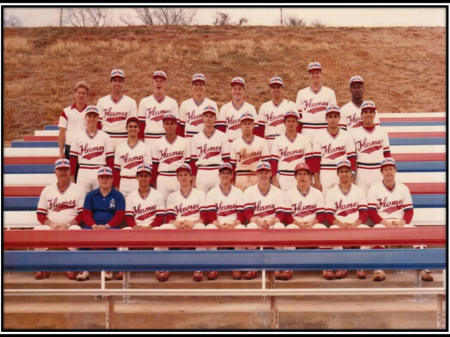
Follow Samuel Smith on Twitter: @IamSamSmith
or Facebook: SamuelSmithCP









